copyrights
Copyrights protect original expressions of ideas in various forms, such as stories, poems, plays, dances, paintings, photographs, sculpture, sound recordings, architectural designs, software, and radio and television broadcasts.
Human creativity enriches our lives and culture. Writing a book, creating a work of art, producing a film, taking a photograph that captures a unique view of the subject, writing lyrics or performing a song, designing a building or structure unlike any other, developing a software program that can accomplish a useful task in a whole new way—these are just a few examples of many ways that talented individuals may express their creativity. Creative individuals deserve the right to the benefits of their work, and that is the purpose of a copyright under the law. The minute your creative idea makes the leap from your mind to some tangible medium: writing a story on paper, casting a sculpture, creating a blueprint for a building, recording a performance, and painting a picture are just a few of the many types of artistic creation are presented to the world for our edification and enjoyment. The catch is, in order for your creation to be read, viewed, utilized, or enjoyed by others, it must be made public, which opens up the possibility of someone else copying and capitalizing on your creation. In today’s digital age, with the availability of the Internet, copying has become easier than ever. To protect the creator from losing the right to the benefits of his or her creation while encouraging ongoing artistic expression for the enrichment of our society and culture, the U.S. Constitution and subsequent laws have been put into effect and a government office created to handle the registration of copyrights.
Claiming Your Copyright
A copyright does not need to be registered. Simply marking your original work with the word “copyright” or the copyright symbol, "©", together with your name and the year, serves to notify the public of your claim to the rights associated with the work. This means that legally no other person may publish, distribute, copy, or adapt your work without your authorization, except to a limited extent in what is known as “fair use,” for purposes of commentary, criticism, or parody; reporting in the news media, listing in search engines; research, and scholarship. U.S. copyright law protects your unique expression of an idea, but not the idea itself. A copyright protects your work for the duration of your lifetime plus seventy years, or 95 years from the publication date in the case of a corporate or anonymous work. At the expiration of your copyright, the work enters the public domain where it can be used freely. Registration of Copyright Confers Additional Protections
Although registration of your copyright is not a legal requirement, registration of the work with the Copyright Office is required should you need to bring a legal action pertaining to your rights in a federal court and offers certain other advantages, such as the ability to recover damages and attorney fees associated with a lawsuit for infringement of your copyright.
Examples of Copyrightable Works
These are a few types of works that are eligible for copyright protection:
Novels, stories, poems, lyrics, original compilations, musical scores, graphic art, paintings sculpture, architectural designs, software
Films, broadcasts, and audio-visual productions
Sequels or derivatives of copyright protected works
Unoriginal works such as government publications and telephone directories, cannot be copyright protected, nor can something that is in the public domain.
How an Experienced Intellectual Property Attorney Can Help Secure Your Rights
Not everyone needs an attorney to assist with the registration of their copyright. But when the material has the potential of having significant commercial or cultural value, it is a good idea to engage the services of an experienced intellectual property lawyer to ensure that it is protected, and that your legal right to damages has been preserved in the event that someone should attempt to profit or otherwise benefit illegally from your work. You will appreciate the peace of mind that comes with knowing that the registration of your copyright has been completed properly and that you will be able to take any legal steps necessary to defend that right.
At the Dallas law firm of Yee & Associates, we will:
Submit a copy of your work to the Library of Congress
Provide you with the benefits of our legal expertise and thorough knowledge of the intricacies of federal copyright law, to ensure that your rights are protected in all conceivable circumstances
Maintain strict confidentiality at all times
Advise you of your rights, ensuring that you understand how those rights will affect the future of your endeavor, and assist you in making decisions concerning the commercial application of your copyrighted material, providing you with an understanding of important issues that may affect your rights, such as work for hire, fair use, derivative works, and the Digital Millennium Copyright Act (DMCA)
Provide targeted, personalized service, specific to your unique needs, to an extent that is not available in larger more impersonal law firms
Obtain Copyright Assistance in Plano, Texas
To learn more about how our experienced, knowledgeable, licensed, and registered intellectual property attorneys can help you to protect your work, call the Plano, Texas, law firm of Yee & Associates today to arrange for a free telephone consultation.

